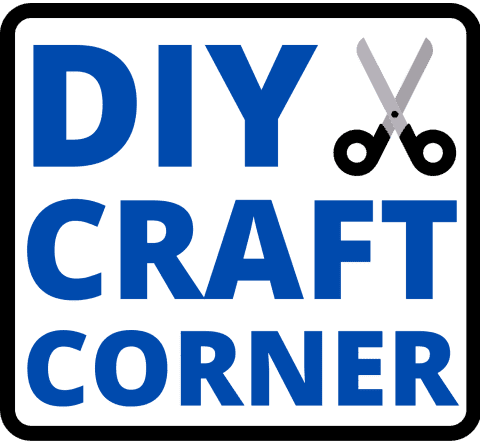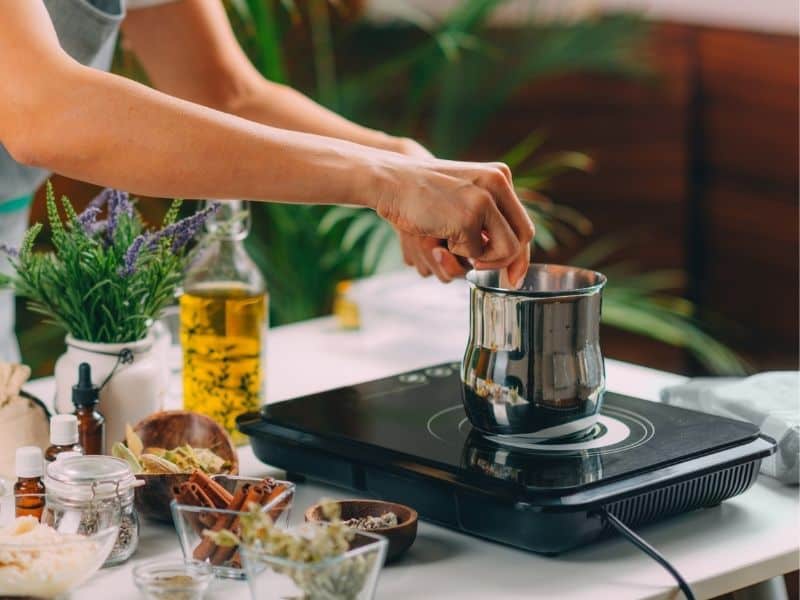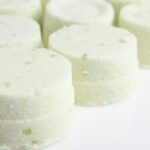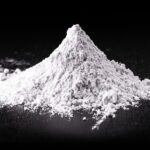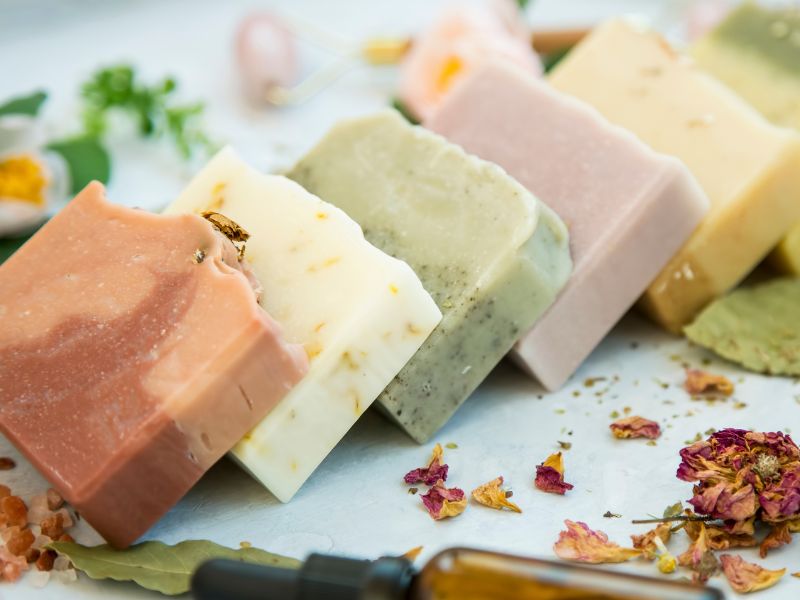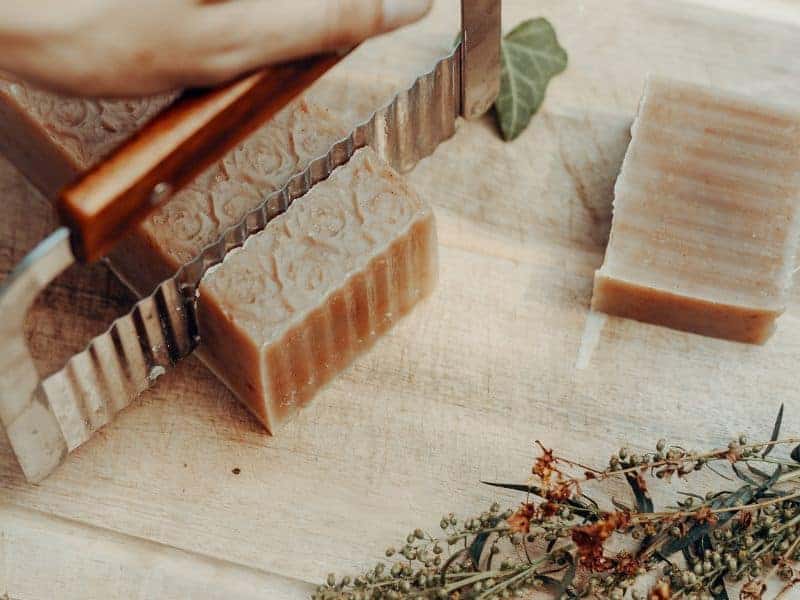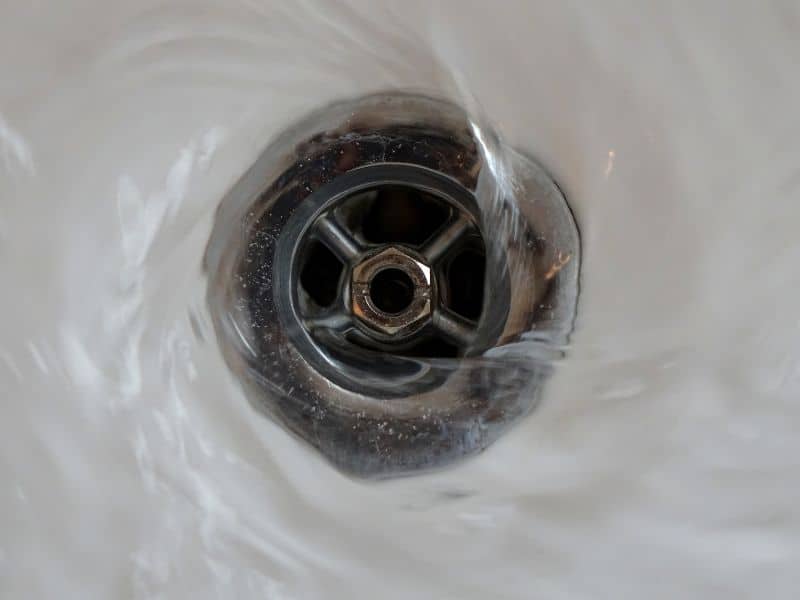Soap making is a fun and rewarding hobby that can be enjoyed by people the world over. It allows you to be creative and experiment with different scents and ingredients. In addition, soap making is a relatively inexpensive hobby, and it can even help you save money on soap purchases in the long run. Here is how to get started.
Soap making kits are a great way for beginners to get into soap making. These kits are available online and through some hobby and retailers for between $30 and $60. The kits provide an affordable way to learn how to make soap.
In addition, soap making kits allow you to experiment with different scents, colors, and ingredients. Soap making supplies can also be purchased individually. In general, soap making supplies are relatively inexpensive.
For example, a pound of soap base costs between $5 and $10. A typical soap recipe uses about two pounds of soap base, which means that each batch of soap costs about $10 to make. Let’s take a closer look at your soap making options.
How Difficult Is Soap Making
Soap making is not difficult, but it does require some time and patience. The process of soap making involves combining various oils and fats with lye. Lye is a caustic substance that can cause burns. As such, soap making should always be done with caution.
That said, soap making is not dangerous if you take the necessary precautions. When working with lye, be sure to wear gloves and safety goggles. In addition, soapmaking should be done in a well-ventilated area.
Soapmaking involves two basic steps:
- Making the lye solution
- Combining the lye solution with oils and fats
The first step in soapmaking is to make the lye solution. This involves dissolving lye in water. The ratio of lye to water will depend on the soap recipe you are using.
Once the lye solution has been made, it is combined with oils and fats. The type of oil or fat you use will again depend on the soap recipe you are using. Common soapmaking oils include olive oil, coconut oil, and palm oil.
After the lye solution and oils have been combined, they are heated until they reach what soapmakers call “trace.” Trace is the point at which the mixture thickens and becomes opaque.
At this point, fragrances and other ingredients can be added to the soap mixture. The soap is then poured into molds and allowed to cool. Once the soap has cooled, it can be unmolded and cut into bars.
How Expensive Is Soap Making
Soap making is a relatively inexpensive hobby. The cost of soap making supplies will depend on the type of soap you want to make and the ingredients you use.
In general, soap making supplies are readily available and relatively inexpensive. For example, a pound of soap base costs between $5 and $10. A typical soap recipe uses about two pounds of soap base, which means that each batch of soap costs about $10 to make.
Of course, the cost of soap making can be further reduced by using cheaper ingredients or by purchasing soap making supplies in bulk.
Is Soap Making A Viable Business
Soap making can be a viable business. In fact, soap is one of the most popular handmade products sold online and at craft fairs.
If you are interested in starting a soap making business, there are a few things you need to keep in mind. First, soap making is regulated by the FDA. This means that there are certain labeling and safety requirements that must be followed.
In addition, soap making is a competitive business. There are many soap makers out there selling their products. As such, it is important to make sure your soap stands out from the rest.
This can be accomplished by using unique ingredients or coming up with creative packaging.
Finally, remember that running a business takes time and effort.
Soap Making Is A Fun And Rewarding Hobby
Soap making is a fun and rewarding hobby. It’s a great way to experiment with different fragrances, colors, and ingredients. Soap making supplies are relatively inexpensive, and soap can be made in large or small batches.
Benefits Of Making Your Own Soap
There are many benefits of making your own soap. First, soap made from scratch is free of harmful chemicals and other ingredients that can dry out or irritate the skin.
In addition, soap made from scratch is often more gentle than store-bought soap. This is because store-bought soap often contains harsh detergents that can strip away natural oils from the skin.
Finally, soap made from scratch simply smells better! Store-bought soap is often scented with synthetic fragrances that can be overwhelming. Handmade soap, on the other hand, is typically scented with essential oils, which provide a more subtle scent.
Pros and Cons Of Making Soap
Like anything, soap making has its pros and cons.
Some of the pros of soap making include:
- You can choose your own ingredients, so you know exactly what’s going into your soap.
- Soap made from scratch is usually more gentle on the skin than store-bought soap.
- Making soap is a fun and rewarding hobby.
Some of the cons of soap making include:
- There are certain labeling and safety requirements that must be followed.
- Soap making can be time-consuming.
- Not all soap recipes turn out perfectly.
- How to Get Started in Soap Making
If you’re interested in getting started in soap making, there are a few things you need to know. First, soap making requires the use of lye, which is a caustic substance.
For this reason, it’s important to take precautions when working with lye. Make sure you work in a well-ventilated area and wear gloves and protective clothing.
In addition, be sure to follow soap recipes closely. Do not try to make substitutions as this can result in an unsafe product.
Once you have all the supplies you need, choose a soap recipe and carefully follow the instructions. With a little practice, you’ll be churning out beautiful bars of homemade soap in no time!
Frequently Asked Questions
There are many different types of soap that you can make. Some popular options include glycerin soap, castile soap, and goat milk soap.
Yes, lye is necessary in order to make soap. However, it is possible to buy soap bases that have already been saponified, which means they no longer contain lye.
No, lye is necessary in order to make soap. However, it is possible to buy soap bases that have already been saponified, which means they no longer contain lye.
Some of the benefits of soap making include being able to choose your own ingredients, soap being more gentle on the skin, and having a fun and rewarding hobby.
Some challenges of soap making include having to follow certain labeling and safety requirements and soap making can be time-consuming.
Conclusion
Soap making is a fun and rewarding hobby. It’s a great way to experiment with different fragrances, colors, and ingredients. Soap making supplies are relatively inexpensive, and soap can be made in large or small batches.
If you’re interested in getting started in soap making, there are a few things you need to know. First, soap making requires the use of lye, which is a caustic substance. For this reason, it’s important to take precautions when working with lye.
In addition, be sure to follow soap recipes closely. Do not try to make substitutions until you are more experienced as this can result in an unsafe product. Once you have all the supplies you need, choose a soap recipe and carefully follow the instructions.
With a little practice, you’ll be churning out beautiful bars of homemade soap in no time!
